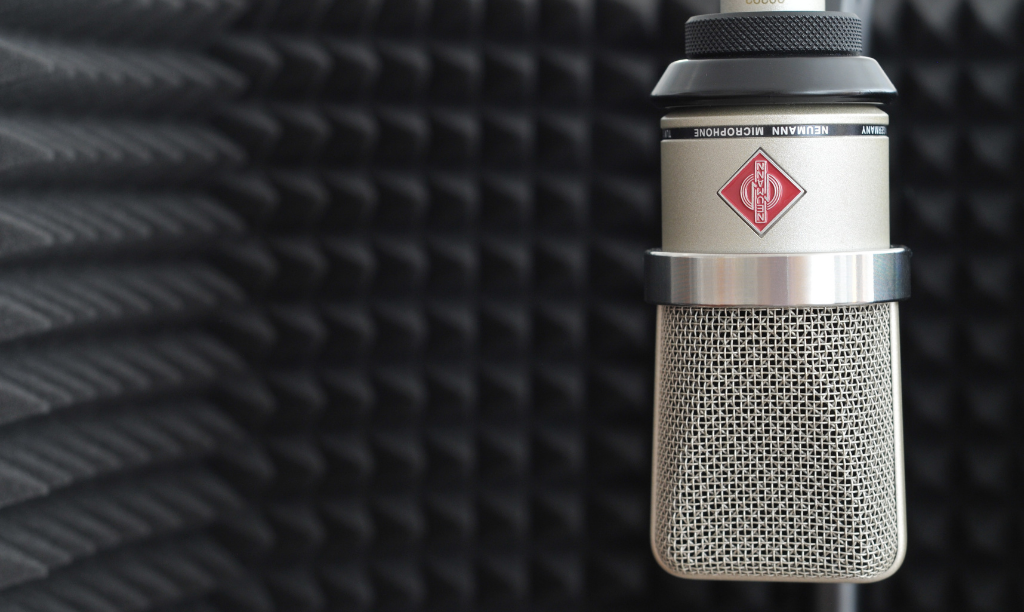Making small, yet informed, changes to your lifestyle choices can have significant positive changes on how your voice sounds and feels. Our team of experts in voice, including speech and language therapists and professional voiceover artists, have put together this helpful list of how to improve your vocal health and hygiene. We hope you find it useful!
- Increase your water intake. Try taking frequent sips throughout the day, particularly when vocal demands increase – frequency is much more important than volume consumed. When in the vocal booth, sip water at every paragraph.
- Reduce/give up smoking or vaping – this includes passive smoking.
- Reduce alcohol consumption. Try to alternate alcoholic drinks with water or add non-caffeinated mixers to neat spirits. Alcohol makes the vocal cords and larynx dry and can also irritate the mucous membranes that line the throat.
- Avoid spicy food – particularly late at night. If you enjoy spicy foods, consume with water.
- Avoid heavy meals just before bedtime . If this is unavoidable, try using an extra pillow to alleviate any potential acid reflux.
- Avoid or reduce caffeine. Try swapping to herbal non-mentholated/de-caffeinated substitutes or alternate caffeinated drinks with water. Unfortunately, many fizzy soft drinks also contain caffeine so check the label!
- Avoid any menthol sweets. This includes any ‘cough’ or ‘throat’ sweets containing menthol (a known ingredient to strip the vocal cords of vital lubrication). Chewable blackcurrant pastilles are an excellent alternative!
- Reduce aerosol spray usage. Increase room ventilation if it’s necessary to use them.
- Reduce dairy food (or consume with water) to avoid sticky (noisy) mucous in the mouth/larynx.
- Steam to alleviate vocal fatigue/tension (important to steam with water only) and humidify your environment – place a bowl of water by bedside/radiator, or if possible sleep with window marginally open.
